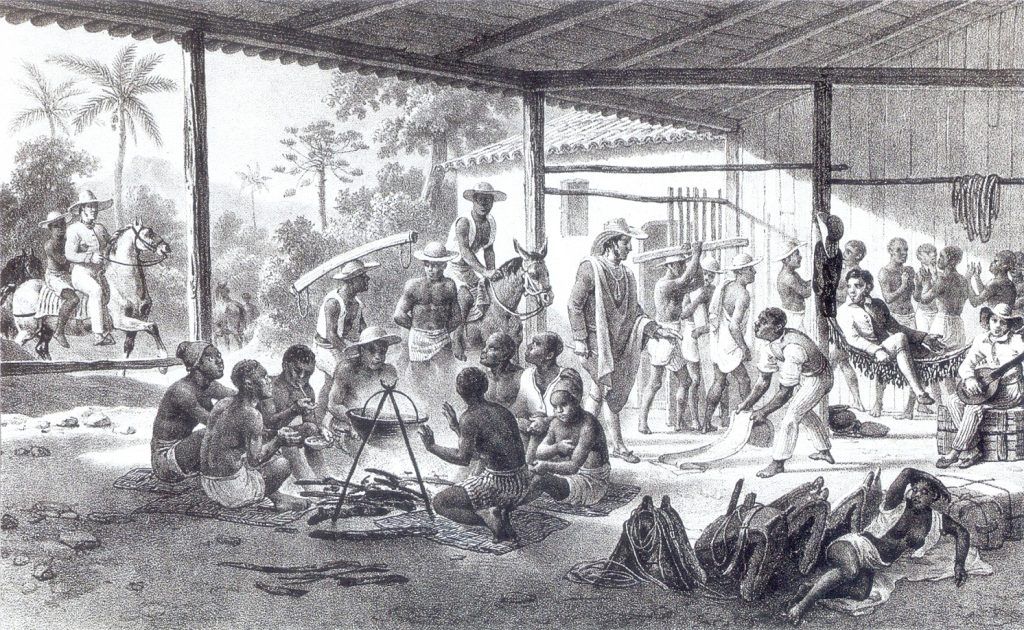Every few years a debate re-emerges about whether Denmark should take responsibility for its 250 years of colonialism and slavery in the West Indies.
The blemishing triangle
This year, the islands of St John, St Thomas and St Croix are celebrating, nay, commemorating 100 years since Denmark sold them off to the United States (for a paltry 25 million dollars).
Like other European powers, Denmark was a big player in the slave trade. The Danish West India Company was established in 1671 to consolidate a Danish tripartite business model: shipping slaves to the West Indies; putting them to work on plantations on the islands; and shipping the commodities to Denmark for profit and to the West African Coast to buy the
slaves.
While this depiction of slavery seems overly simplistic, the implications permeate the state of the nation to this day.
Archives of activation
It is a debate that is ever more divisive in Denmark’s political corridors. The country has consistently ignored and utterly refused to offer an official apology to the descendants of the enslaved peoples of the West Indies. The extent of the Danish enslavement of people of African heritage has been mired in mystery.
The detailed archives of these dark ages of Danish history have, until recently, remained largely out of the public eye. On March 1 this year, the Danish National Archives opened up archive records on Danish slavery and colonialism that measure over one kilometre in length.
Written in the blood, sweat and tears of generations of people forced out of their lands to work in fields thousands of miles away from their home, can they reawaken the consciousness of a nation?
Victims never forget
Today immigration remains an emotive issue in Denmark, just like in the rest of the Western World. The rise of the populist voice of the right is calling for a halt to wave of non-Western migrants to the west.
Sure, 100-plus years is a long enough period for the role Denmark played in setting the current world order to fade from the nation’s collective memory. But it is not too late to listen to the voices of West Indians who are calling for Denmark to make amends with them.
As argued in this column before, victims never forget. While current generations of Danes may not see the need to atone for the ills of their forbearers, the people of St Thomas, St John and St Croix carry in them the blood of slaves uprooted from Africa under the Danish flag to work in the Caribbean.
The trans-generational trauma of the inhumane treatment of the slaves necessitates closure. Even if the top echelons of Danish government remain steadfast in their resolve to never publicly acknowledge the wrongs that were done to the slaves, it cannot be denied that the nation remains indebted to her victims past and present.
One thing that we can be sure of: the word ‘neger’ will feature in the archives. “It’s a neutral word in Denmark,” the argument often goes. But its recurring use in the archives is neither neutral nor innocent. And nor does its usage underline this country’s freedom of expression of which we are so proud. Or are we?

